Tasty cakes and fragrant coffee are a sure-fire way to lure customers into your café. But you won’t get far without the right tools for the job. Because whether you're whipping up hot drinks or melt-in-the-mouth pastries, you’ll need the right kitchen equipment to get your creations to your customers quickly and easily. Discover which devices and furniture you need to properly kit out your café or bakery!

Tasty cakes and fragrant coffee are a sure-fire way to lure customers into your café. But you won’t get far without the right tools for the job. Because whether you’re whipping up hot drinks or melt-in-the-mouth pastries, you’ll need the right kitchen equipment to get your creations to your customers quickly and easily. Discover which devices and furniture you need to properly kit out your café or bakery!
Gastronomy essentials for success in the catering industry
No matter whether it’s a bar, food truck or bistro, every catering business kicks off the same way: with a business plan. Whether you’re planning a café or restaurant, you’ll want to list all the equipment and furniture you need. But your bakery or café’s setup isn’t just about functionality – it also needs to meet health and safety standards, as well as the strict hygiene regulations which apply to the hospitality industry.
All kitchen equipment and furniture that comes into contact with food must be food-safe. This means that your equipment shouldn’t contain any toxic or absorbent materials. Always opt for hygienic, easy-to-clean, and damage-free products.
However, you don’t always need to buy brand-new equipment. The key is to ensure your devices are in perfect working condition and easy to maintain. This helps you meet hospitality hygiene standards. Your kitchen equipment should also be easy to move, making deep cleaning, like scrubbing the floors, hassle-free.
Cups, crockery, and cutlery should display the distinctive glass and fork symbol, indicating they are food-safe. This symbol is recognised across Europe and ensures that the materials won’t release harmful substances into your food.
Staff hygiene is equally important. A health certificate is required before handling food, certifying compliance with kitchen hygiene rules, personal cleanliness, and proper handling of food and allergens. These checks are carried out by the local health authority through questionnaires and on-site inspections.
As for the dress code, workwear such as hairnets, high-neck chef jackets, non-slip footwear, aprons, and gloves helps prevent ingredient contamination and protects against accidents, injuries, and burns.
What else to consider when setting up a café or bakery?
Comfort and aesthetics are hugely important for both your guests and your staff. When you’re setting things up, it’s important to leave plenty of space for people to move around freely. Whether it’s in the kitchen or on the way to serve customers, make sure busy areas are wide enough and free of clutter.
Cabinets, shelves, and other functional furniture should be easy and safe to use. These pieces speed up food and drink handling and improve safety. Look for features like wide ergonomic handles, intuitive controls, space-saving sliding doors, and height-adjustable equipment.
Every café kitchen also needs a variety of small utensils. Besides cups, saucers, glasses, cutlery, and cake stands, there are some specialised tools that can make your job easier:
- Tampers for pressing freshly ground coffee
- Milk jugs for frothing milk
- Knock boxes or grounds drawers for collecting coffee grounds
- A thermometer for checking milk temperature
- Cup dispensers and cutlery holders
- Stations for sugar and napkins
You can also find sauce dispensers in stores for easily portioning syrup. These handy tools ensure precise serving, helping you create drinks with consistent quality every time.
To keep all your equipment within easy reach, you’ll need the right furniture. Specialised coffee cabinets or bases with compartments and drawers are perfect for storing all your essentials neatly. This way, everything you need is right by the coffee machine, making drink preparation effortless. Your crockery cabinets should also be practical and easy to access.
To clean dishes quickly and efficiently, you’ll need dishwashers along with sinks or sink cabinets. Special polishing machines can make your glasses sparkle in seconds, saving your staff time and impressing guests with spotless crockery.
Launching a bakery: It’s easier than you think!
Bakeries and cafés are set up in much the same way. You’ll find kitchen equipment like espresso machines, mixers, and drink dispensers in both types of businesses.
The same applies to furniture for storing and cleaning kitchen utensils. Whether it’s a bakery or a café, essentials like work tables, crockery cabinets, sinks, dishwashers, and glass polishers are a must.
To showcase your creamy cakes, crunchy rolls, cookies, and other baked goods in style, cake display cases are perfect. These glass or clear plastic cases feature multiple levels, allowing your treats to be seen from every angle, tempting customers as they browse. Professional display cases also often include a cooling function to keep your cakes and desserts fresh.
If you’re baking on-site, you’ll need powerful equipment, and a bakery oven should be your top priority. A professional oven ensures the quality of your bread and cakes, with features like precision thermostats. Spacious or divided baking chambers allow you to produce large quantities at once, helping you keep up with demand.
A food processor or dough mixer is also essential for any bakery. These machines take the strain out of manual work, ensuring doughs of all consistencies are mixed evenly. A dough sheeter simplifies the rolling-out process – without it, you’d be doing everything by hand with a rolling pin!
Use a lot of fruit in your bakery? Ditch the knife and chopping board and opt for specialised fruit slicers, peelers, or all-purpose food processors. The big advantage of these machines is that their cutting discs can be easily swapped out to slice fruit into whatever shape you need.
If you work frequently with dried fruit, investing in a dehydrator is a great idea. It preserves a variety of foods, whether whole or as a purée, and allows you to make the most of leftovers.
A filling funnel makes it easy and precise to portion out jellies, sauces, and other toppings. This makes decorating and plating up large quantities of baked goods a breeze.
Along with specialist kitchen tools, you’ll need the basics like quality knives and pots for sauces, fruit fillings, or icing. Always opt for stainless steel utensils – they’re non-reactive, tough, and a breeze to clean.
Not all of the above-mentioned equipment is essential for a bakery – it depends on what you plan to offer. To start, you’ll likely need just the basics: a display case, worktop, crockery, cutlery, storage cabinets, a sink or dishwasher, and a coffee machine. As your menu grows, you can add more gear as needed.
Furnishing a café or bakery – summing up!
Nowadays, cafés and bakeries offer similar products and services. So, there’s plenty of overlap in the equipment needed – from coffee machines to hygienic work tables and kitchen machines.
A basic setup, including a cake display case, coffee machine, work table, cabinets, guest furniture, and essential utensils for serving coffee and cake, will cost roughly £2600 to £3500.
If you want to equip your café with specialised gear to expand your offerings, the cost goes up to £4300 to £8600. This investment can pay off by cutting down manual labour or helping you produce larger quantities.


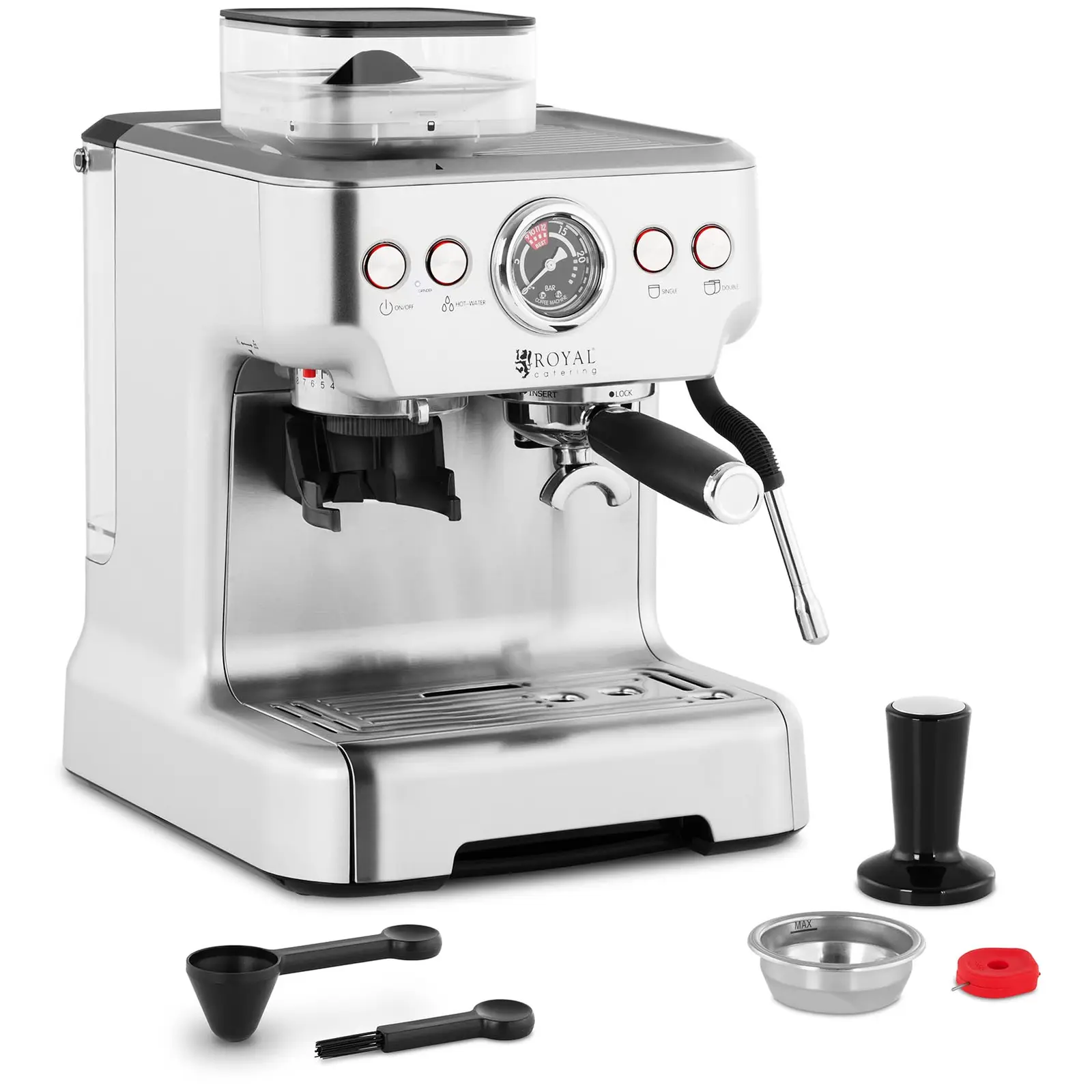
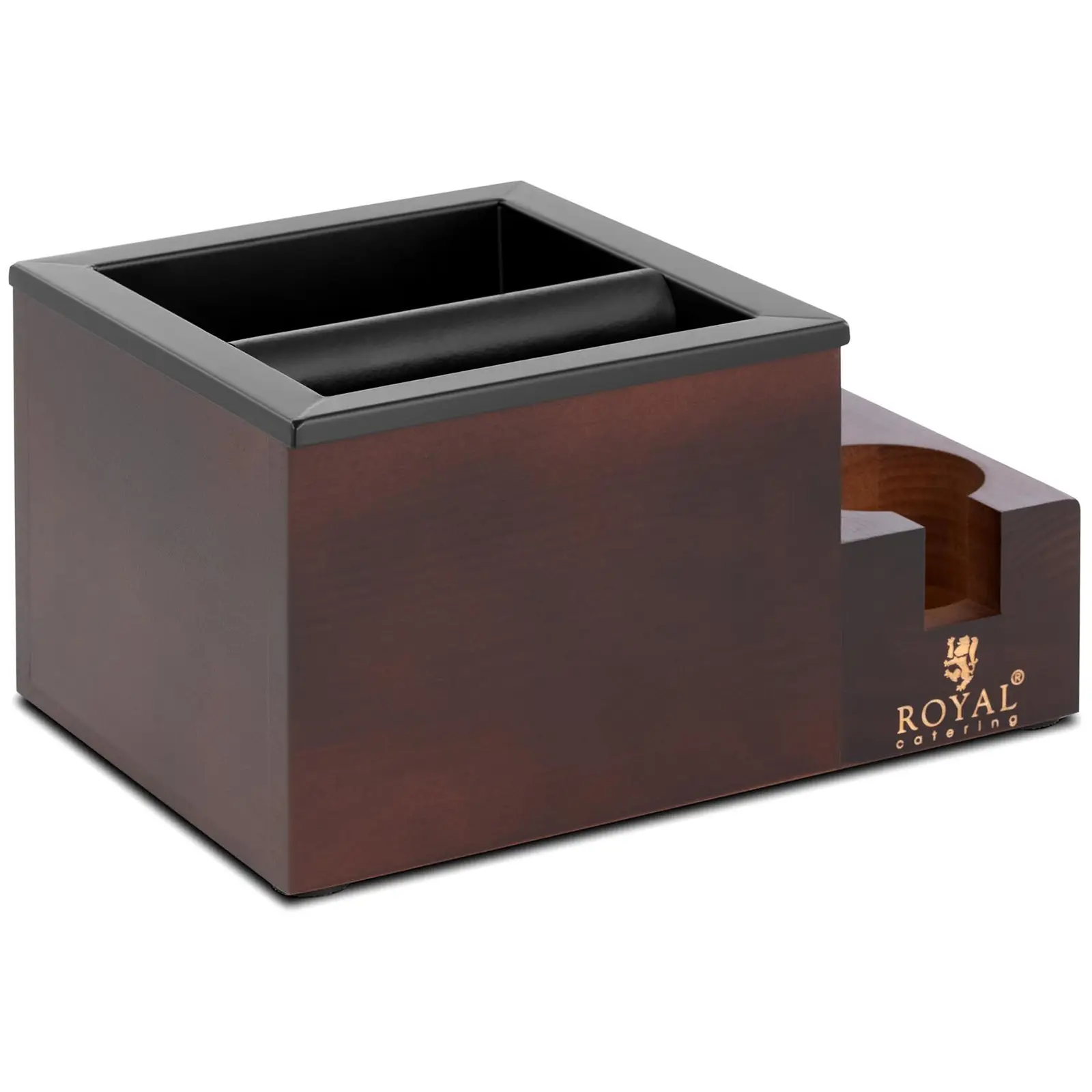

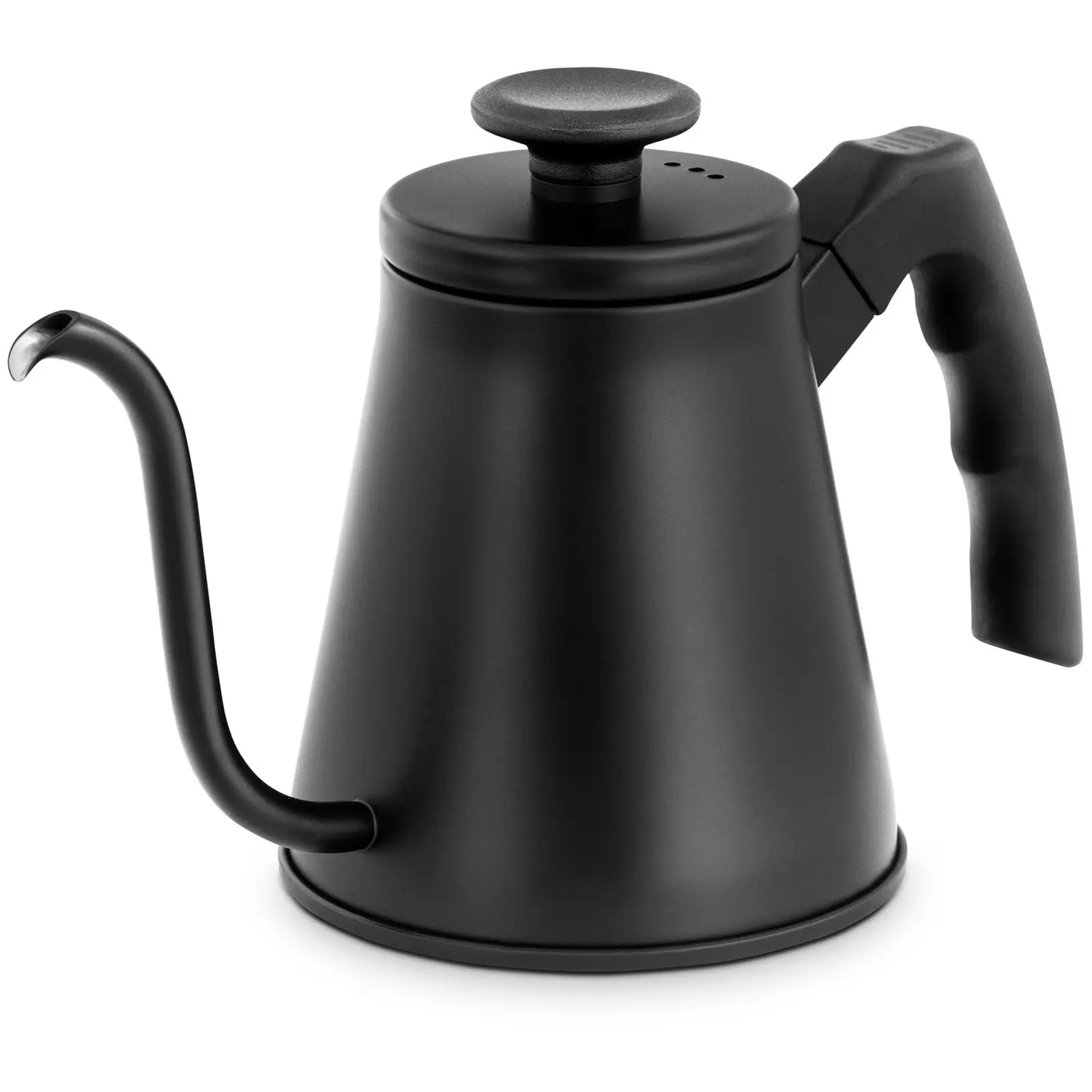
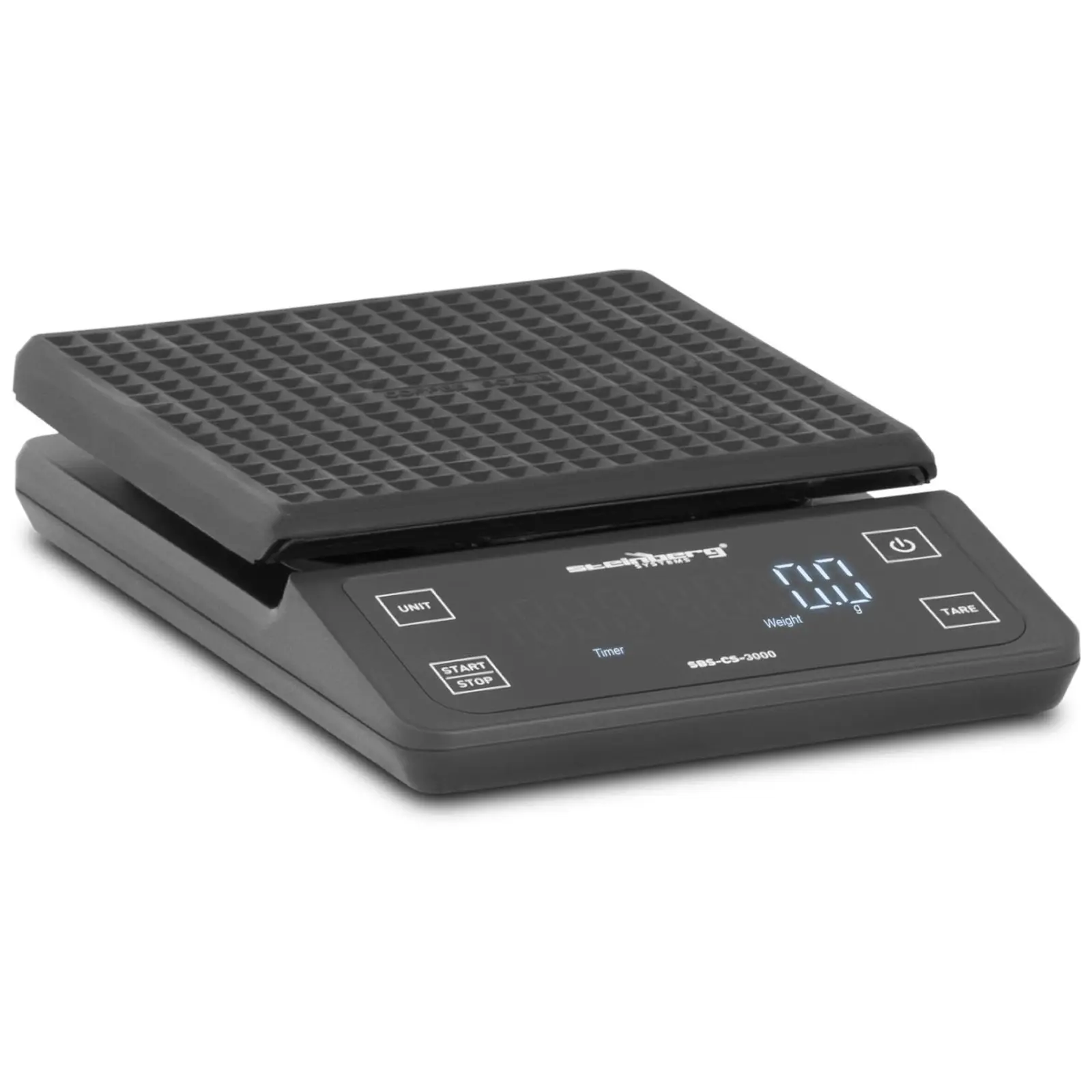
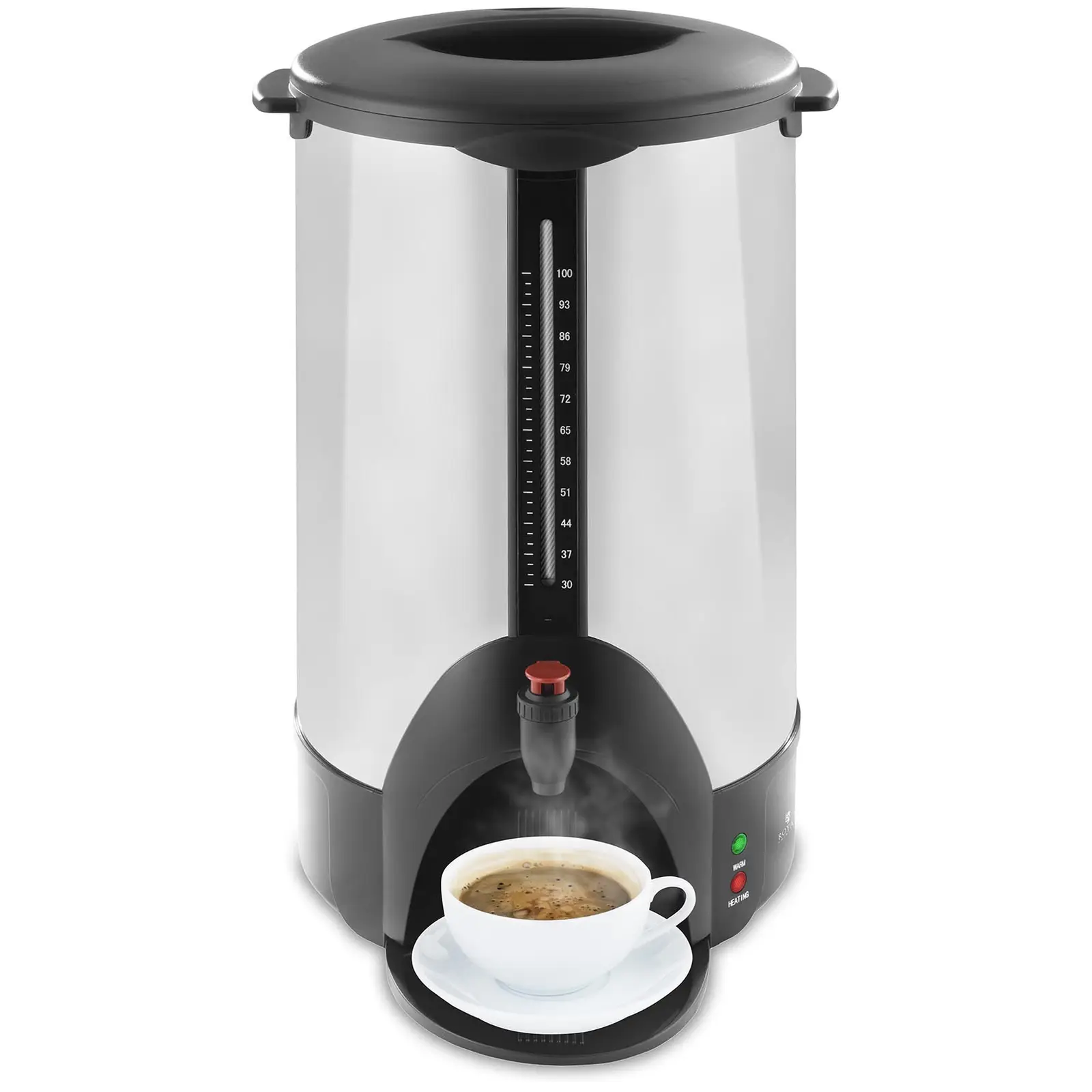
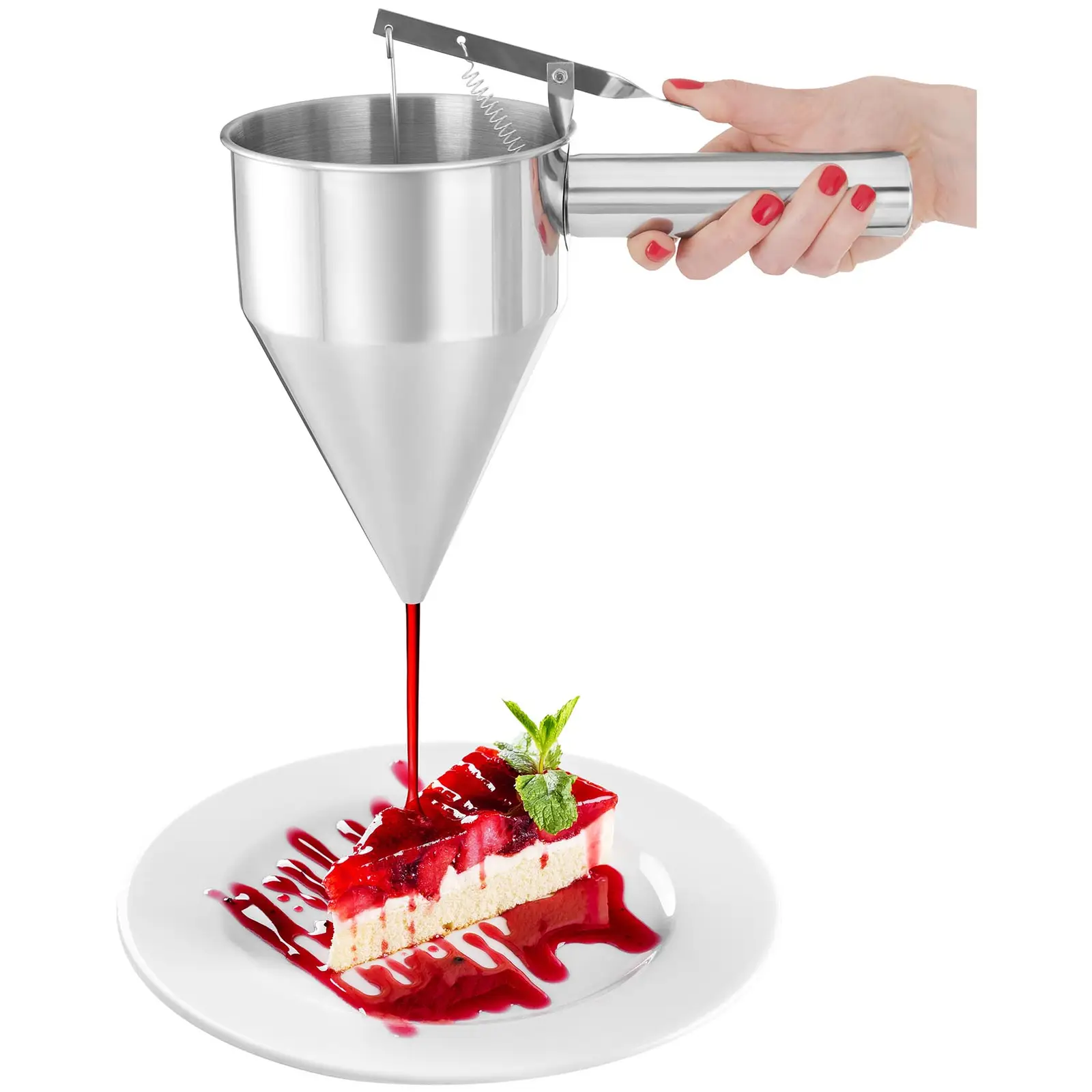
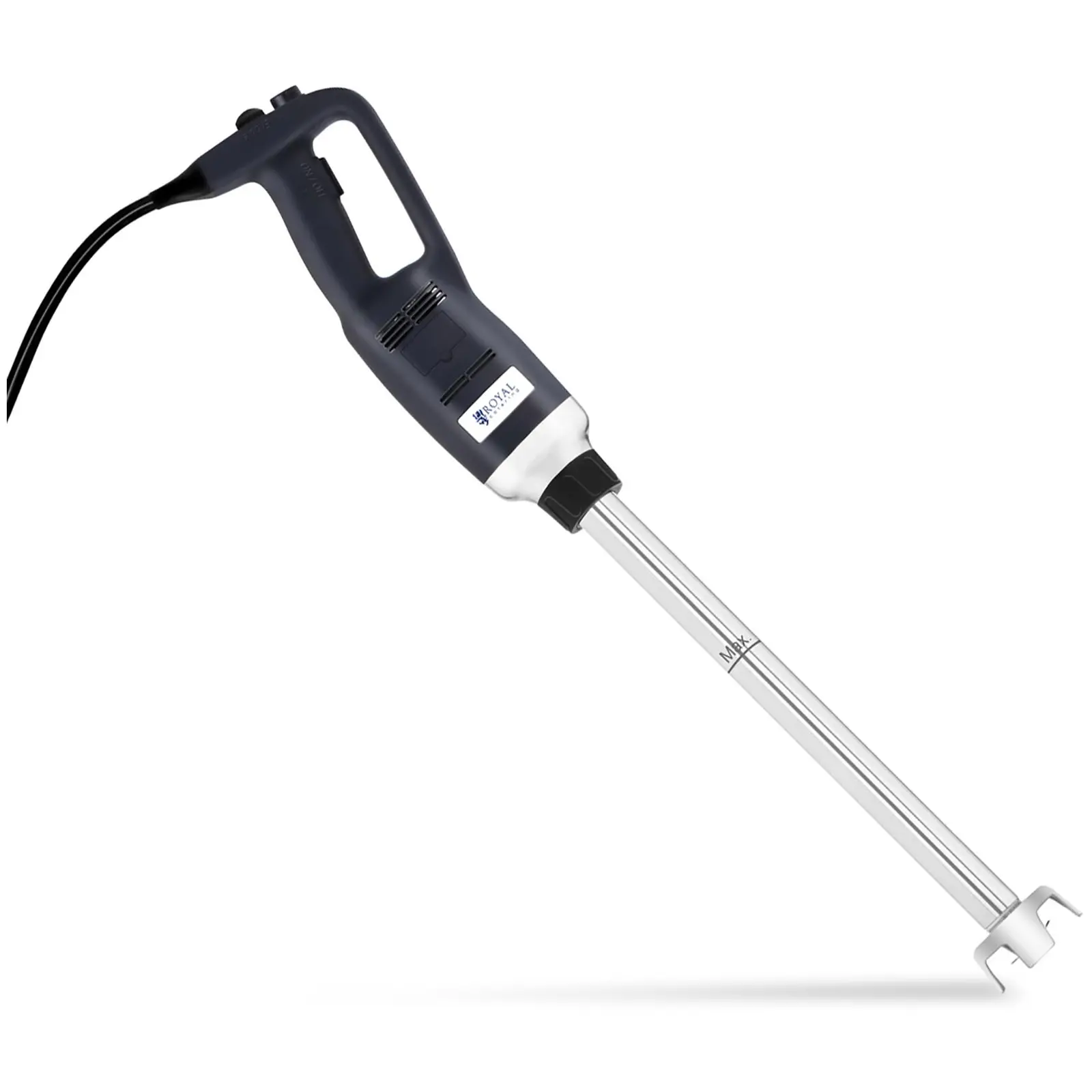
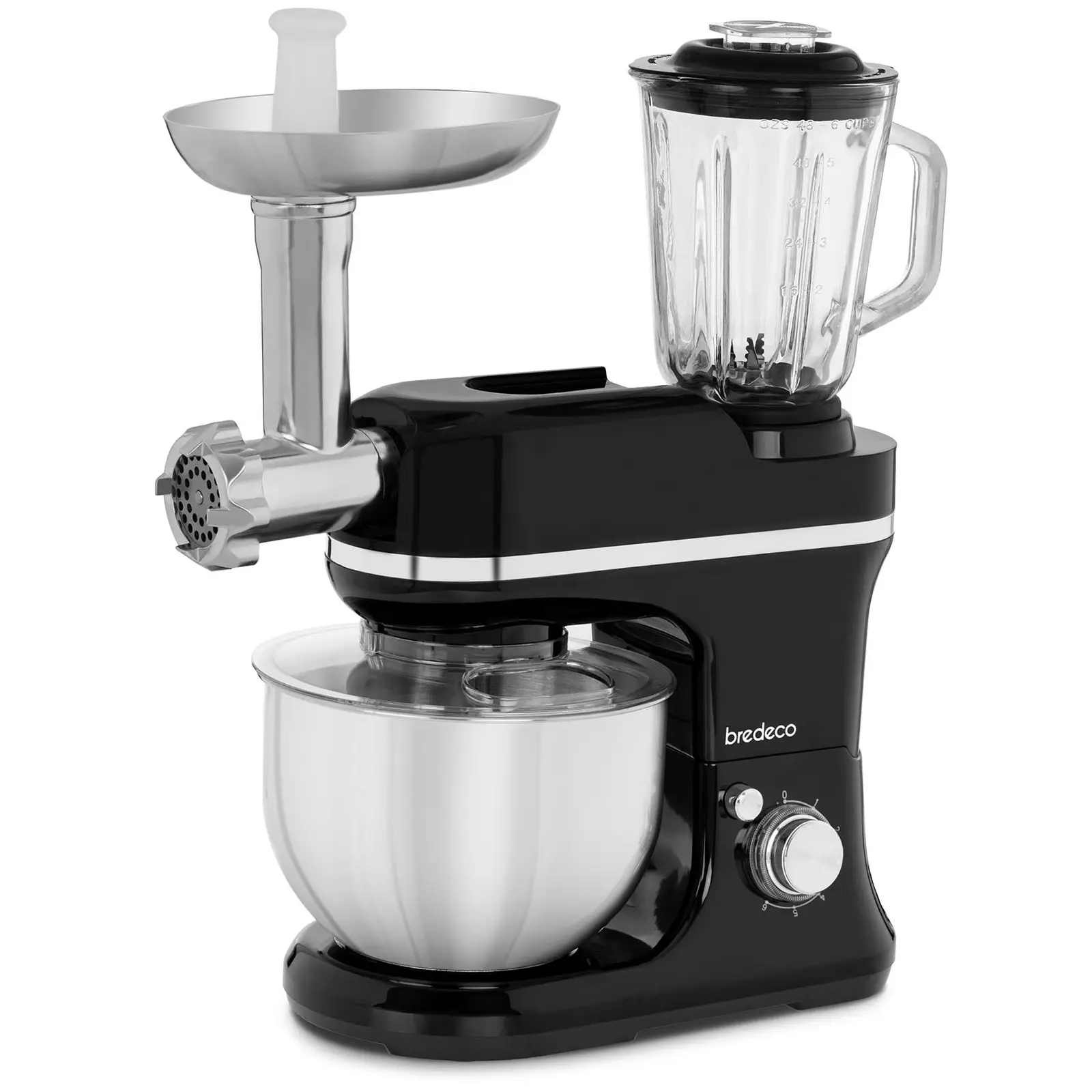
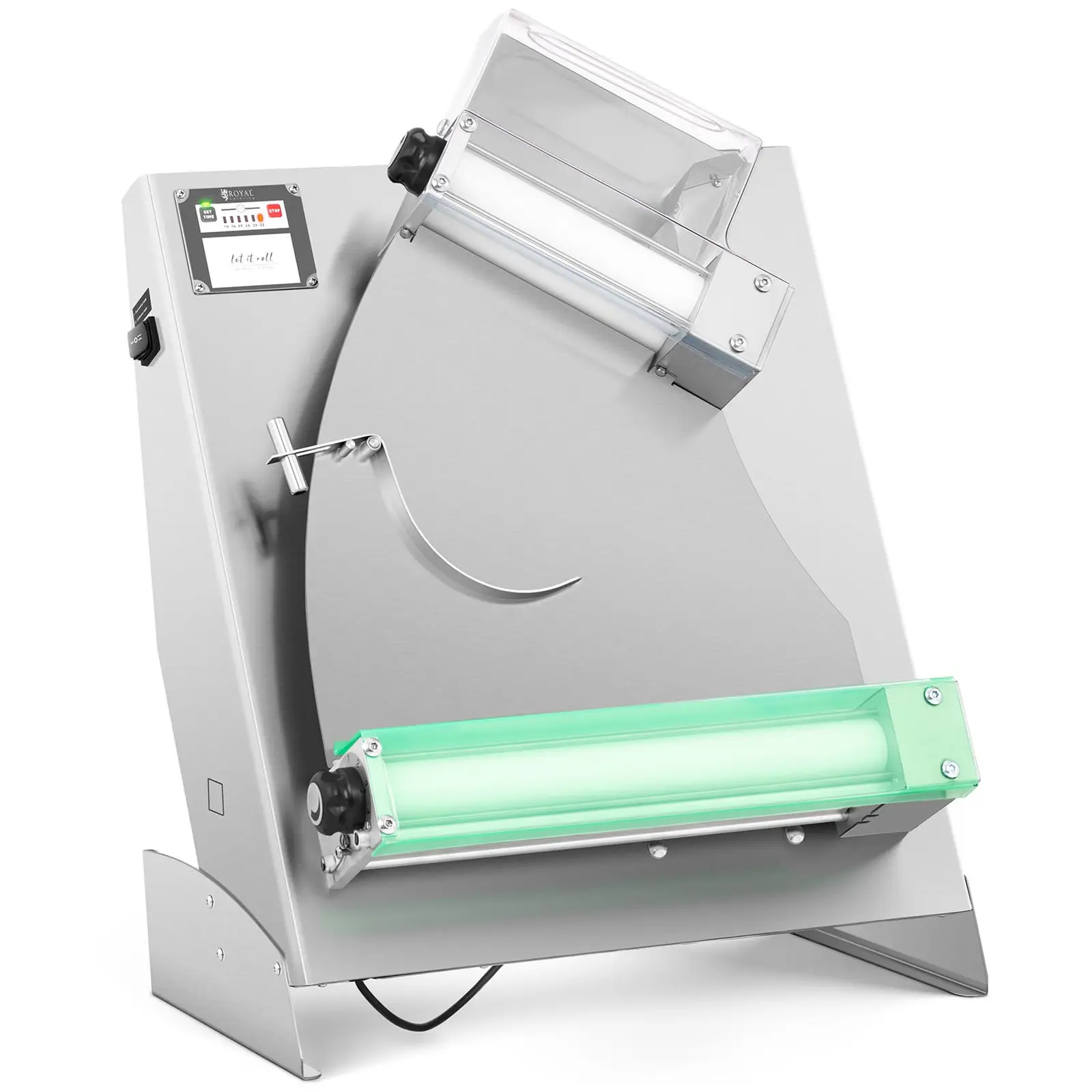
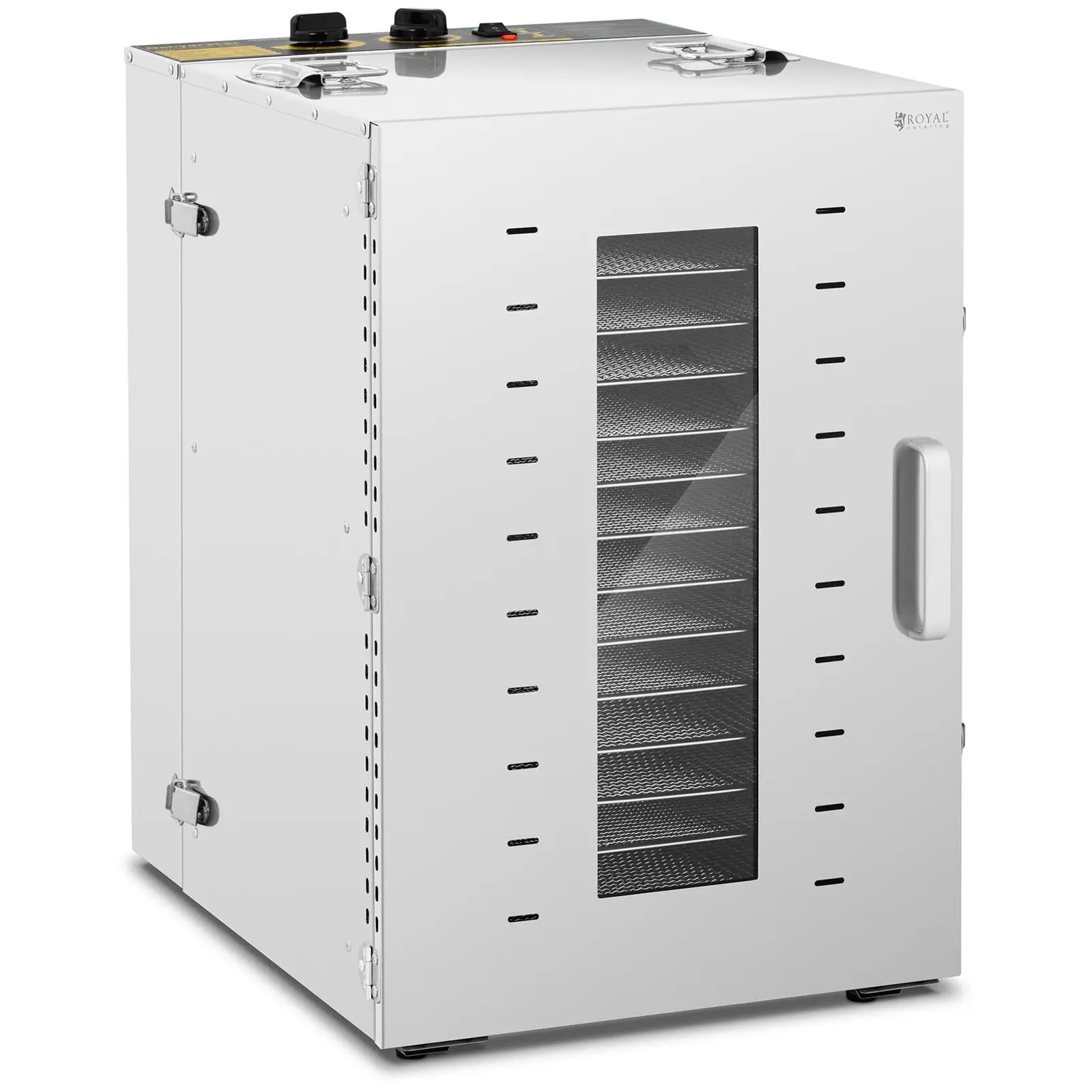
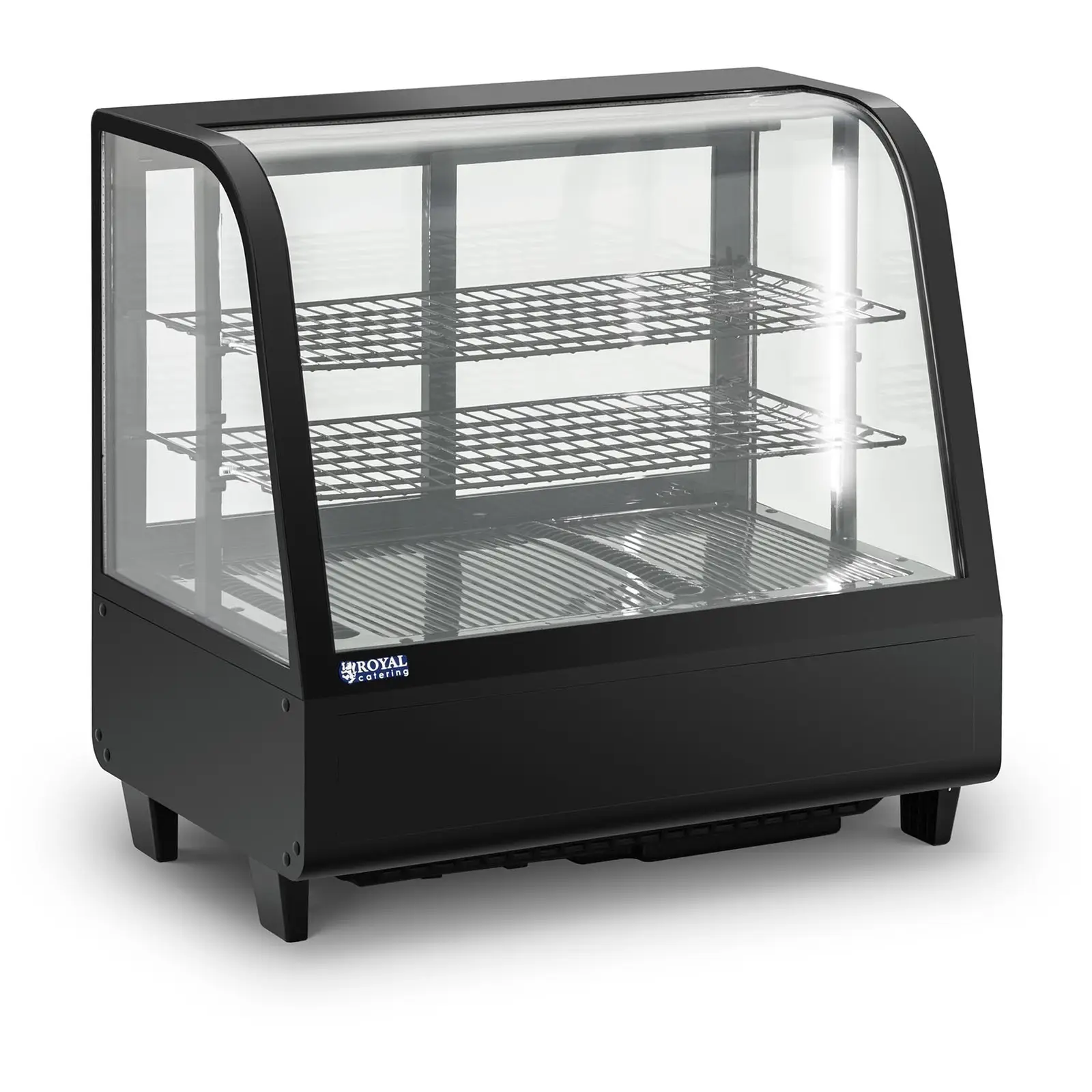





Share